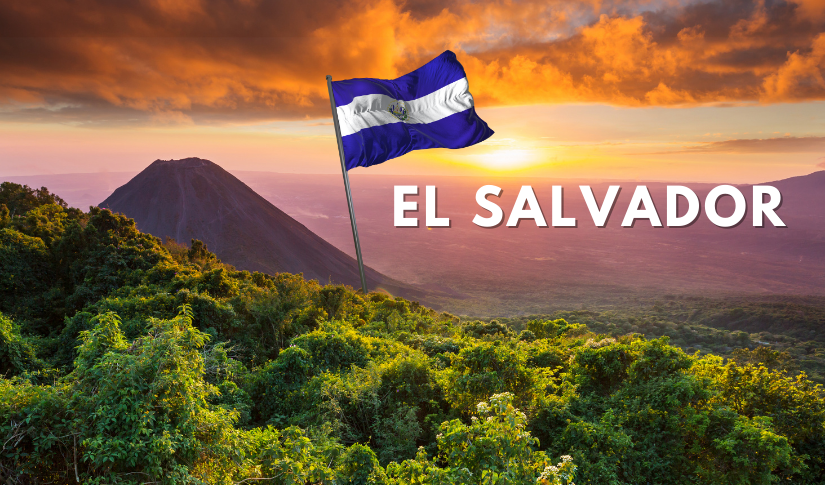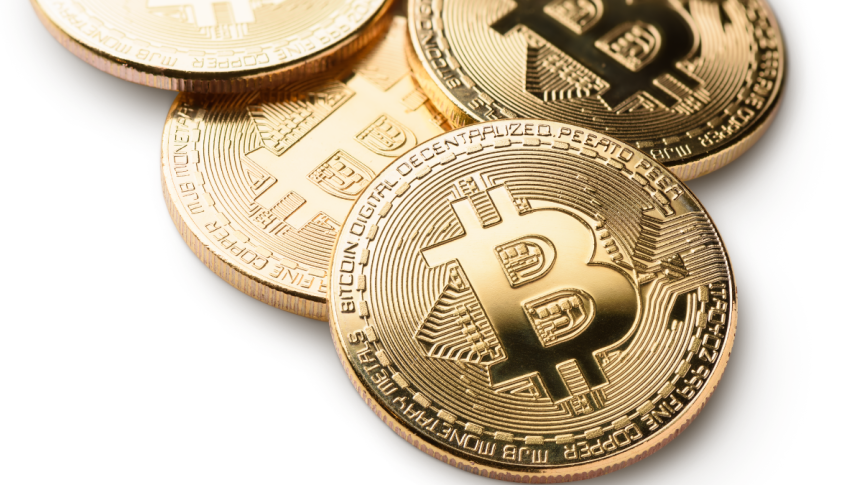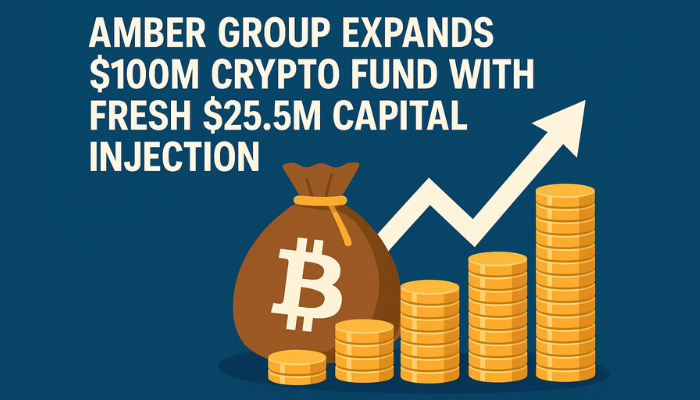More Oversight Needed for Bitcoin, IMF Warns El Salvador Government
The MF is once against asking the El Salvador government to tighten their regulations on Bitcoin and make it less risky for citizens.

Bitcoin (BTC) became legal tender in the Central American country of El Salvador back in 2021. Since that time, the IMF (International Monetary Fund) has been urging the government to exercise tighter regulations.

The IMF is calling once again for more oversight in the country, asking the government to limit bitcoin exposure in the public sector. On Thursday, the IMF made a recommendation to the government there that Bitcoin law should be restricted and better defined and that there should be more oversight regarding how Bitcoin is used.
El Salvador’s use of Bitcoin is a nearly unique case, as only one other country (Central African Republic) uses Bitcoin as legal tender. Now, Bitcoin can be used to buy and sell goods and to trade for other cryptocurrency or even cashed out in local funds in most countries, but it is only in these two places where the legal tender classification stands. That means that almost every vendor has to accept Bitcoin as a form of payment.
In order for that to happen, the framework of the financial sector has changed radically in El Salvador. ATMs that use Bitcoin have been set up throughout the country, and card machines at cashiers have been overhauled to transfer Bitcoin.
Past Bitcoin Warnings
The IMF has warned El Salvador on multiple occasions about how Bitcoin is used. As recently as August, the IMF cautioned about upcoming risks that have not yet appeared. They called for greater transparency for the public so that their risks would be minimized. There are stability problems, they said, that need to be addressed if Bitcoin as legal tender is going to be a successful project for the country.
For years, the IMF has been issuing warnings, and El Salvador has not responded in a way that the IMF has been satisfied with. Bitcoin is currently up 0.93% for the day to a price of $61,435 (BTC/USD). It is volatile at the moment after coming off of a downward trend.
- Check out our free forex signals
- Follow the top economic events on FX Leaders economic calendar
- Trade better, discover more Forex Trading Strategies
- Open a FREE Trading Account


